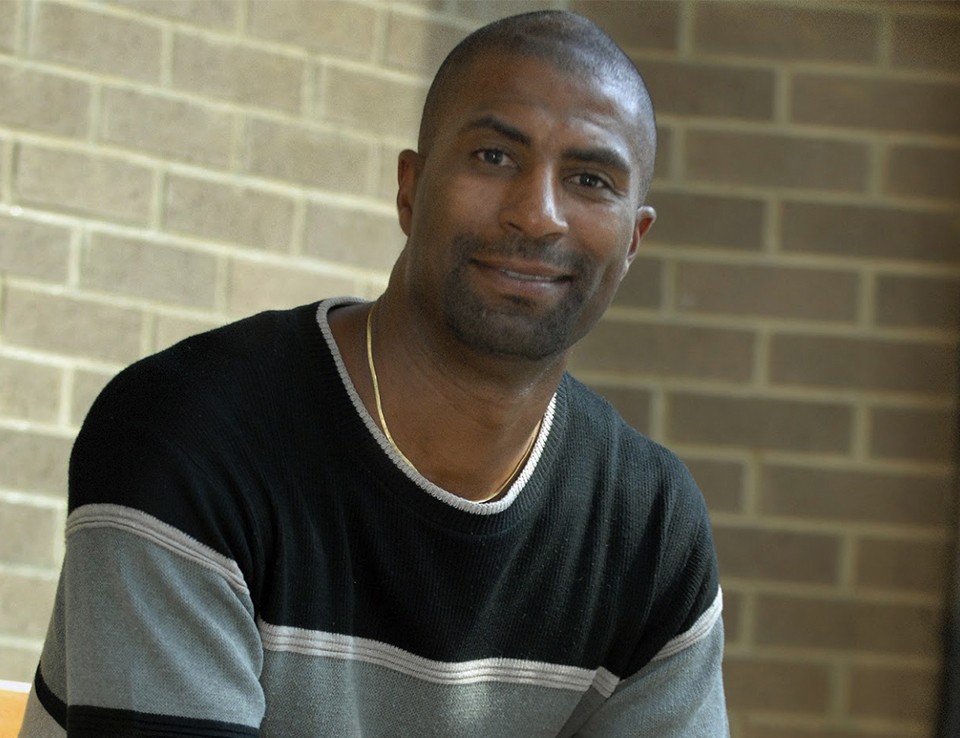Does A Rising Tide Lift All Boats? Racial and Distributional Aspects of Economic Freedom

Gary A. Hoover is professor of economics and executive director of the Murphy Institute at Tulane University. Before joining Tulane in 2021, he served as professor and department chair of economics at the University of Oklahoma where he was also honored for his professional and scholarly work and for his teaching and mentoring skills.
Before Oklahoma, Hoover spent 16 years at the University of Alabama where he was the William White McDonald Family Distinguished Faculty Fellow and the James I. Harrison Family Endowed Teaching Excellence Faculty Fellow from 2002-2004. He also served as the assistant dean for faculty and graduate student development in the Culverhouse College of Business Administration from 2005-2014 at Alabama.
Hoover is a member, and co-chair, of the American Economics Association’s Committee on the Status of Minority Groups in the Economics Profession. This group was established in 1968 to increase the representation of minorities in the economics profession, primarily by broadening opportunities for the training of underrepresented minorities.
Hoover is the current and founding editor of the Journal of Economics, Race and Policy, which examines the intersection of local and global issues concerning economic conditions, race, ethnicity and gender, and policy prescriptions that address economic disparities. He served as the vice president of the Southern Economic Association from 2018-2020. He has been a fellow at CESifo Group Munich since 2010 and is a member of the Western Economic Association and American Economic Association.
Hoover’s papers have been published in the American Economic Review P&P, Journal of Economic Perspectives, Public Choice, Journal of Economic Literature, International Tax and Public Finance, Journal of Conflict Resolution and the European Journal of Political Economy.
Hoover received his Bachelor of Arts degree in economics from the University of Wisconsin-Milwaukee in 1993. He earned both his master’s (1995) and PhD (1998) in economics from Washington University in St. Louis.
(Adapted from the Tulane University website.)
